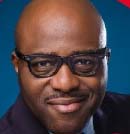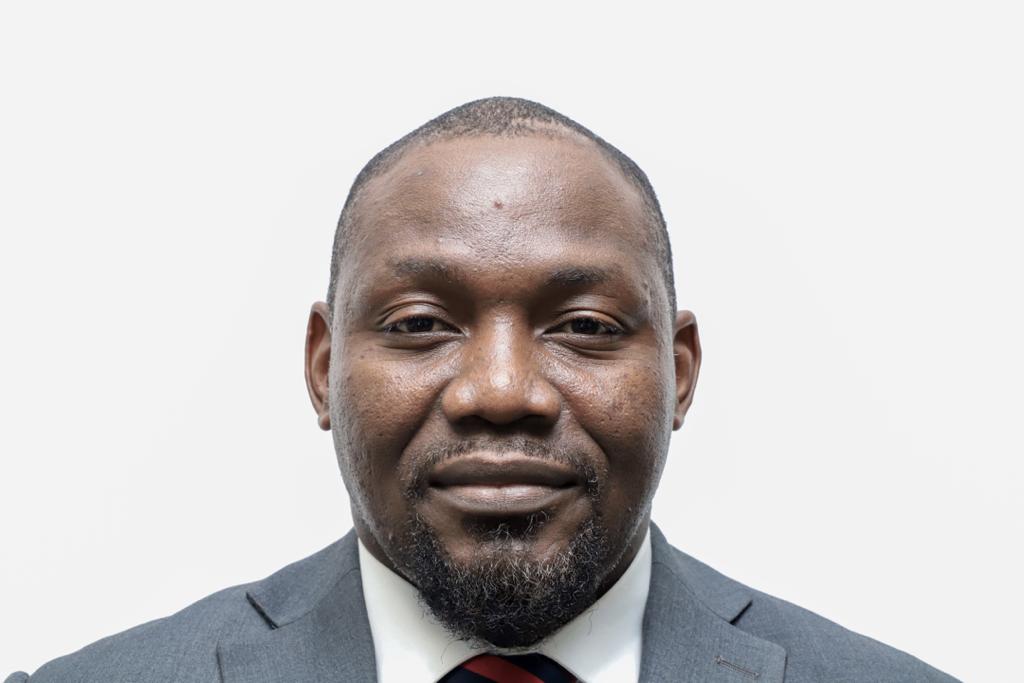We just ushered in a new quarter and while the race isn’t to the swift, it is to those who take charge of their lives. If you recall, in the last six weeks, I’ve shared my thoughts on how we can solve the Nigerian TVET challenge. In this piece I will be sharing my perspective on how you can take Full Responsibility for your life by saying No to Excuses. It is not enough to sit and daydream, you must get up and take action; notwithstanding the limitations and challenges that may seem to constrain you.
“Although no one can go back and make a brand-new start, anyone can start from now and make a brand-new ending.” — Lori Bard.
The second quarter of the year has begun and it’s a great time to take stock of your life’s goals and aspirations. Where have you been, currently are and are aspiring to be? More than ever before, you must be committed to taking responsibility and pursuing them vigorously.
You cannot erase the past, but to keep advancing forward, you must say no to excuses. Start making the small changes you seek, learn new skills, or even find a new career. In all, ensure you make a move and advance.
Advertisement
One of the prominent black scientists and inventors of the early 20th century, George Washington Carver once said that “99 percent of failure comes from people who have the habit of making excuses.” We have heard statements like “I didn’t pass that exam because the examiner dislikes me” or “I am not getting promoted at my job because my boss hates me”. Some others say; “I didn’t turn out well in life because my parents did not give me a good education.” Excuses like these are often presented by people whose current realities are far from where they expected themselves to be. However, history is filled with the stories of people who were in bad conditions, yet turned things around by pushing against the odds and taking full responsibility for their lives.
A good example is the golf legend, Tiger Woods. Woods is unarguably one of the greatest golfers the world has ever known. Named PGA Rookie of the Year in 1996, he continuously topped the charts – winning a total of 3 career grand slams and 15 major titles. He also holds the record of the youngest and fastest to accomplish 50 tournament wins on tour. He achieved his first No. 1 world ranking in June 1997 and went on to hold the top spot for 264 consecutive weeks from 1999-2004. In 1999 he became the first golfer in more than two decades to win eight PGA tournaments in a year. In his second streak, Woods held the No. 1 position again for 281 weeks from 2005-2010, now that’s some achievement!
Unfortunately, things began to go awry for the champion when the news broke of his extramarital affairs and subsequent struggles with addiction that forced him to go to rehab.
He lost endorsement deals from major brands like Accenture, AT&T, Gillette and General Motors. Embracing a lifestyle of drugs and excessive alcohol intake, Woods was arrested a number of times for Driving Under the Influence (DUI) – he hit rock bottom! However, instead of giving excuses, he held a press conference in 2010 to express remorse for the infidelities in his marriage, he owned up to his actions and committed to a counselling and rehabilitation programme.
Advertisement
After about a decade of struggle, the world witnessed one of the greatest comebacks in the history of sports. In April 2019, Tiger Woods emerged as a golf champion again. He proved critics wrong by claiming his 5th Masters Tournament title after four back surgeries. I strongly believe his past recoveries began when he accepted the truth about his shortcomings, owned up to his mistakes and committed to fixing his mess. In a nut shell – he Took Responsibility! Although recently in February, he was injured in a car accident and had to be “extricated from the wreck” of his car by firefighters and paramedics. He is presently back at home in Florida to continue his recovery journey. My heart goes out to him and I’m certain he’ll come through, as he has in previous years.
Taking responsibility is a critical part of being accountable. For example, if you’re assigned a project at work and you don’t take ownership of it, it will get out of your control. In the same vein, if you make poor health choices and don’t take ownership of the problem, it would most likely grow worse.
Dear friends, do you find yourself in an unpleasant place in life? Instead of giving excuses, why not get on the driver’s seat and change the outcomes in your life. It begins with you taking responsibility. Here are 3 habits you can start to nurture towards taking ownership of your life and in the long run, achieving your goals.
1. Quit the Blame Game
“Take accountability… Blame is the water in which many dreams and relationships drown.” ― Steve Maraboli.
We have a natural tendency to blame others and situations for our circumstances – sometimes without even thinking about it. But to make progress, you have to stop blaming other people or factors for the realities of your life. You need to assess your own contribution to the situation by asking: “What is my role in this? What did I do to get myself here? When you answer these questions as honestly as you should, you are on your way to changing the narrative of your life.
2. Think of Solutions
“Focus on the solution, not on the problem.” – Jim Rohn.
When the unexpected happens and life doesn’t go the way we want, we are tempted to bemoan the problem and throw a pity party, that won’t help much. Though the situation might be bad, don’t spend too much time moping and feeling sorry for yourself. Instead, put on your creative hat. Ask questions like “How do I get out of this?” Reach out for help if you need to. You may not find a solution right away but as you start to put together a plan of action, you will gain a sense of control over your outcomes.
Advertisement
3. Take Action
“You cannot score a goal when you are sitting on the bench. To do so, you have to dress up and enter the game.” ~ Israelmore Ayivor
This is very critical to your recovery process. Once you have determined what you need to do, it’s important you take action early. I love a popular Chinese proverb that says: “The best time to plant a tree was 20 years ago. The second-best time is now.” Basically, this means you should not waste any more time getting started. Go right ahead and change the realities of your life now!
Till the next time we meet here, remember we all have “A Role to Play”.
Bank-Olemoh is senior special assistant to the president on education interventions
Advertisement







